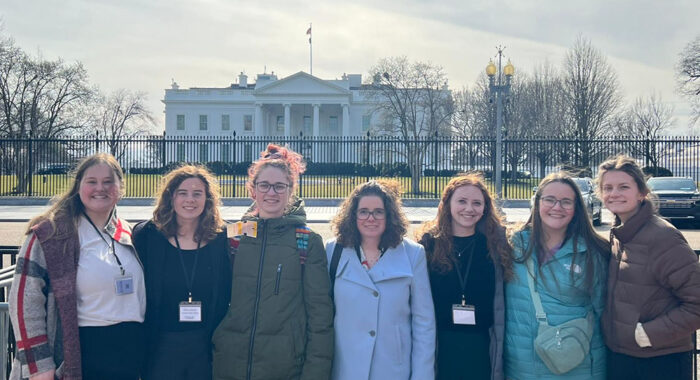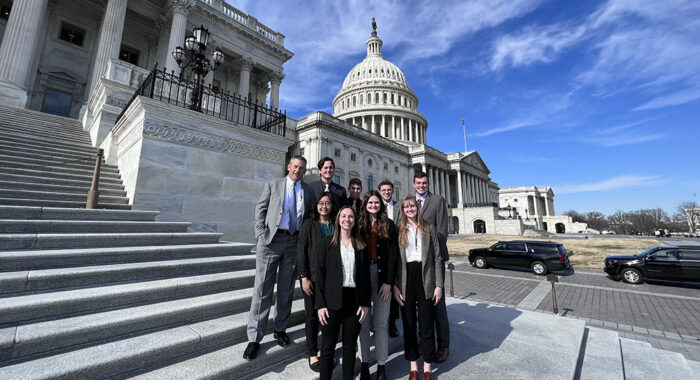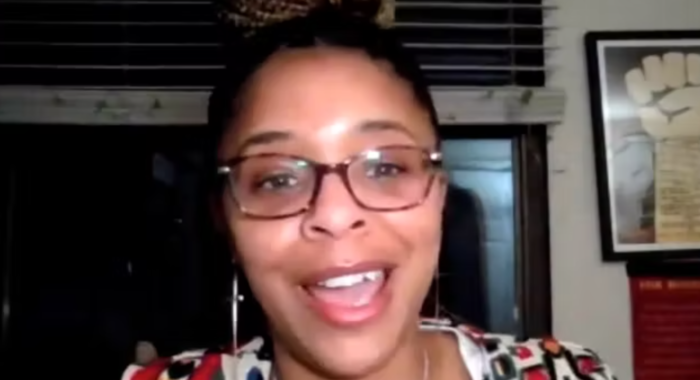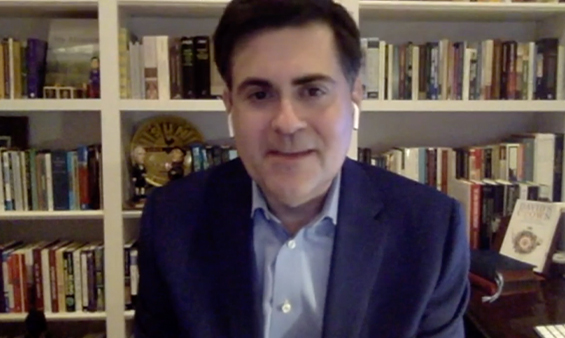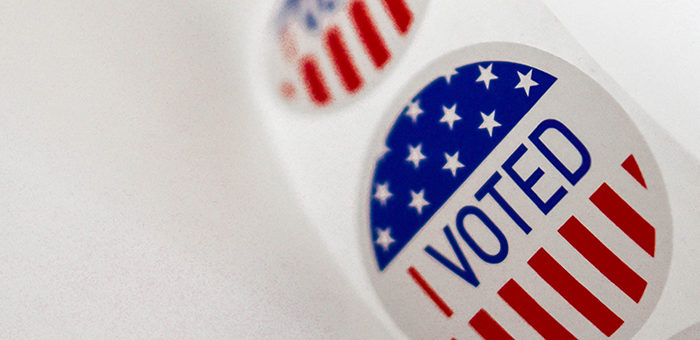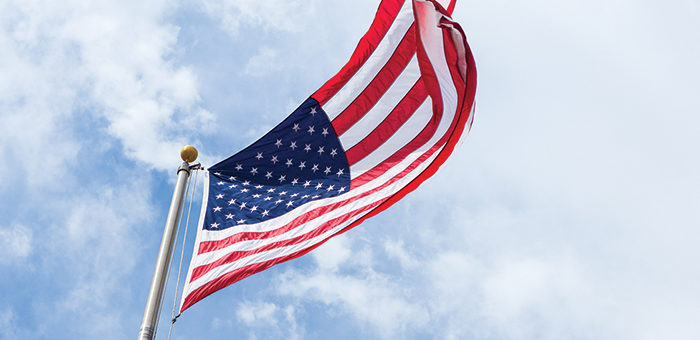
Two thirds of evangelical leaders say they identify as independents rather than with a political party, according to the September Evangelical Leaders Survey. This tracks with national Gallup data in which “Independent” was the top choice for Americans (42 percent) in 2017, whereas 29 percent identified as Democrats and 27 percent as Republicans.
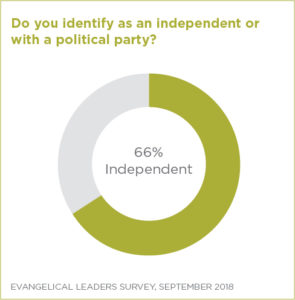 “Most evangelical leaders prioritize their Christian identity over political party identity,” said Leith Anderson, president of the National Association of Evangelicals (NAE). “Faith comes first whether independent, Democrat, Republican or another registration.”
“Most evangelical leaders prioritize their Christian identity over political party identity,” said Leith Anderson, president of the National Association of Evangelicals (NAE). “Faith comes first whether independent, Democrat, Republican or another registration.”
Comments from the survey indicate there is general agreement that even when a church leader has a definite partisan commitment on a personal level, it is usually unwise and unhelpful for this partisanship to be publicly advocated in their role as leaders.
Randall Bach, president of Open Bible Churches, explained, “Identify with is not necessarily the same as publicly identifying with a political party. I do not want to lose an independent public voice even though I may personally identify with and even be registered for voting purposes with a political party. My voice must be nonpartisan in order to speak to issues without becoming an extension of or coopted by a political party, a challenging niche.”
Alan Robinson, national director of Brethren in Christ, U.S., continued, “It seems to me that identifying with a particular political party, especially in a highly politicized and polarized society, seriously weakens the ability of a Christian leader to speak in a way that will be heard by as many people as possible. Furthermore, no single party fully represents the priorities of the gospel of Jesus and the kingdom of God.”
Some of those who identify with a political party noted that they often vote as independents. While some who say they are independents often vote for a particular party.
“We must not assume that independence or affiliation always predicts how votes will be cast. Christian values should drive which levers are pulled in the voting booth,” Anderson said.
As another leader put it: “I vote issues and people, not party.”
In 2016, NAE president Leith Anderson and Vice President Galen Carey co-authored the book, “Faith in the Voting Booth: Practical Wisdom for Voting Well,” which offers principles that can guide Christians as they consider how to vote. The NAE’s newly updated publication, “For the Health of the Nation: An Evangelical Call to Civic Responsibility” offers a balanced public policy agenda that citizens can consider as they vote and engage in advocacy for biblical values.
The Evangelical Leaders Survey is a monthly poll of the Board of Directors of the National Association of Evangelicals. They include the CEOs of denominations and representatives of a broad array of evangelical organizations including missions, universities, publishers and churches.



 View All Surveys
View All Surveys 





